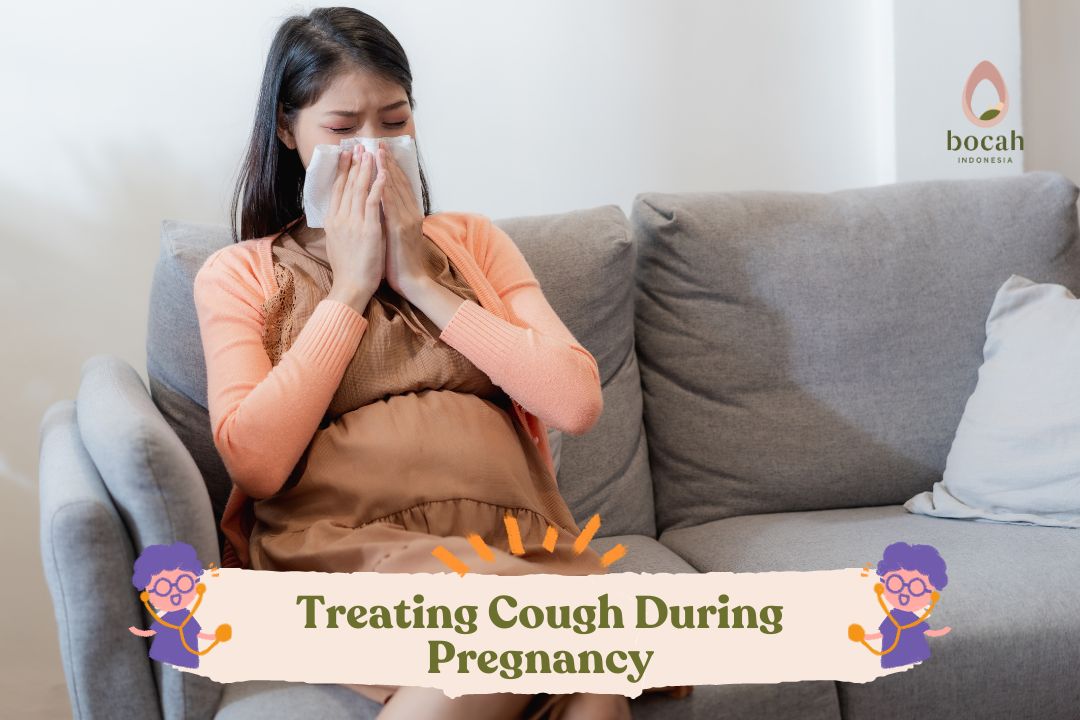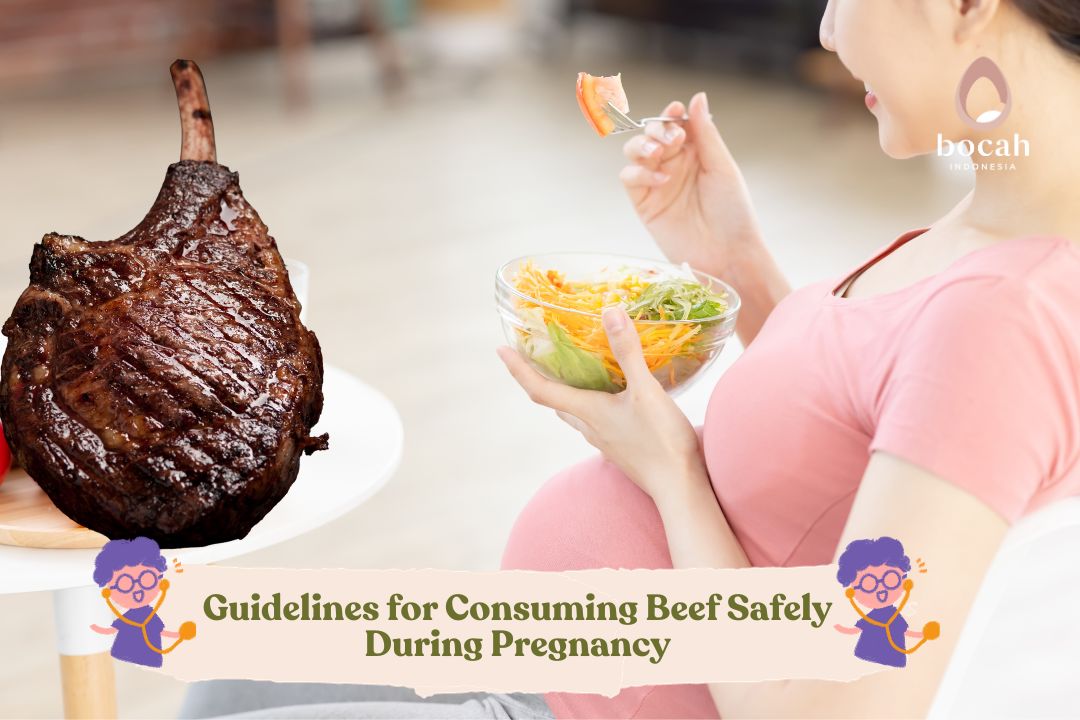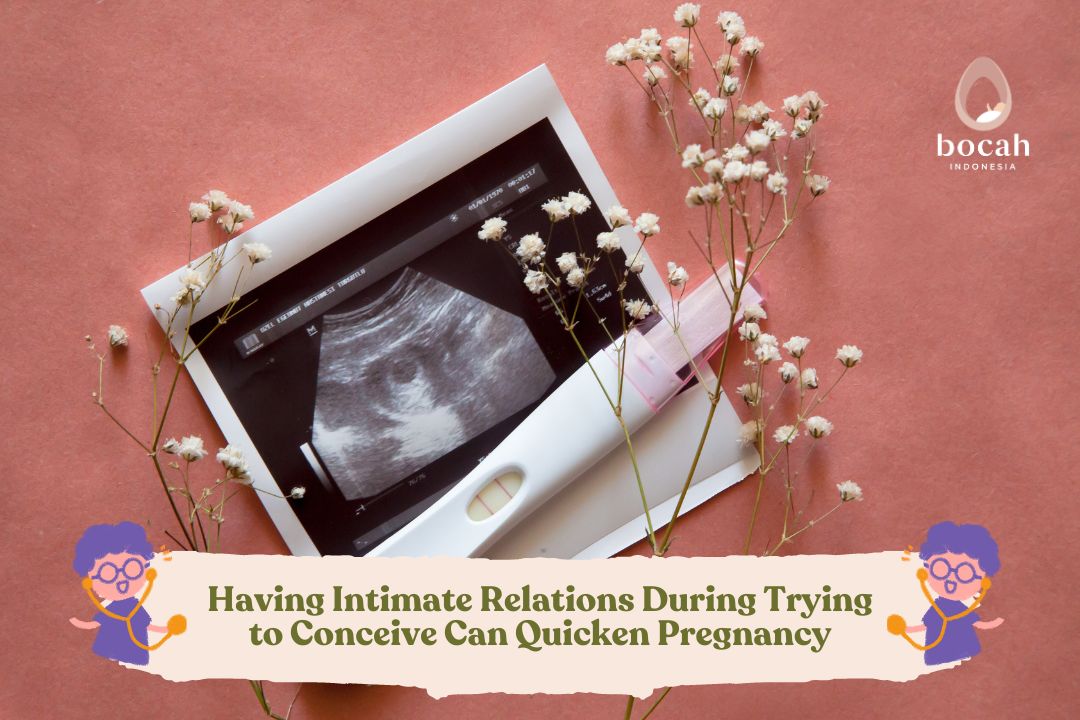Treating Cough During Pregnancy

Cough can be very bothersome for pregnant women, especially when it doesn’t seem to go away. Find safe cough remedies for expectant mothers here!
During pregnancy, a mother’s immune system is likely to undergo changes, making her more susceptible to colds or coughs. Additionally, cold or cough symptoms can linger longer during pregnancy.
Coughing during pregnancy can make you feel tired and uncomfortable, but generally, cold or flu symptoms are not harmful to the developing fetus.
Treating Cough in Pregnant Women
It’s important to remember that not all commonly used cough remedies are safe during pregnancy. Here are some safe ways to alleviate cough during pregnancy:
- Stay Hydrated: Ensure you stay well-hydrated by drinking water, juice, or broth. Fluids help loosen mucus and keep airways moist.
- Menthol or Peppermint Drops: Suck on menthol or peppermint candies that do not contain alcohol. These can help soothe throat irritation and reduce coughing.
- Use a Humidifier: Using a humidifier in the bedroom can help maintain moisture in the air, reducing throat irritation and speeding up the healing process.
- Warm Tea with Honey: Drinking warm tea with honey can help alleviate coughing. Honey has natural antimicrobial properties and helps reduce throat inflammation.
- Gargle with Warm Saltwater: Gargling with warm saltwater can help reduce throat pain and irritation.
- Get Adequate Rest: Make sure to get enough rest to help your body recover faster.
- Consult a Doctor: If your cough doesn’t improve or if you are concerned, consult a doctor or midwife. They can provide further guidance and prescribe safe medications if necessary.
Safe Cough Remedies for Pregnant Women
There are some medications commonly used to alleviate cough symptoms during pregnancy. Here is a list of medications with low risks to the fetus during pregnancy:
Tanya Ferly tentang Promil?
- Acetaminophen (such as Tylenol) can be used to reduce fever, headaches, and body aches.
- Throat lozenges containing anesthetic agents can help relieve throat pain.
- Codeine and dextromethorphan are often used as cough suppressants.
Avoid using over-the-counter medications or prescription drugs without consulting a healthcare professional first, as not all medications are safe for pregnant women. Always consult a doctor before taking any medication during pregnancy.
Signs You Should See a Doctor for Cough
It is important to contact a doctor if cough symptoms prevent you from eating or getting enough sleep at night or if the symptoms persist for more than a few days without improvement.
Also, if your cough is accompanied by a fever with a temperature of 38°C (100.4°F) or higher, make sure to contact a doctor.
Furthermore, if your cough is accompanied by a change in the color of mucus or if you experience chest pain, be sure to contact a doctor as soon as possible. The doctor may need to prescribe antibiotics to treat an infection.
Understanding Whooping Cough Symptoms
Whooping cough is a contagious infection characterized by excessive and severe coughing followed by a high-pitched whooping sound when inhaling.
The CDC (Centers for Disease Control and Prevention) recommends that all pregnant women receive the Tdap vaccine during each pregnancy, ideally between weeks 27-36 of gestation.
This is to ensure that protection against whooping cough is provided to the baby during the first few months after birth. Since newborns can receive their first whooping cough vaccine at 2 months of age, receiving the vaccine during pregnancy will ensure the baby is protected until that time.
Preventing Cough or Cold During Pregnancy
To avoid getting a cold or cough, the most important step you can take is to maintain a healthy lifestyle during pregnancy. Make sure to consume nutritious foods, get enough sleep, and engage in regular exercise.
Additionally, it’s important for pregnant women to take prenatal vitamins and probiotics. If you are around someone with the flu, avoid touching their hands or sharing meals.
Make an extra effort to wash your hands more frequently when you are around someone who is coughing or sneezing.
While experiencing a cough, you may feel that consulting a doctor is unnecessary and choose to self-care with extra rest and fluids. However, in some cases, consulting a doctor can help you recover faster and prevent serious complications.
That concludes the explanation on how to treat a cough during pregnancy. If you and your partner are seeking information about pregnancy programs and other pregnancy-related health issues, read more on Bocah Indonesia’s website!
- Fetal Development: Step-by-Step Stages in Embryogenesis - 13/11/2024
- Aspermia: Ejaculation Without Sperm - 12/11/2024
- Understanding the Role of the Blastocyst in IVF - 11/11/2024










